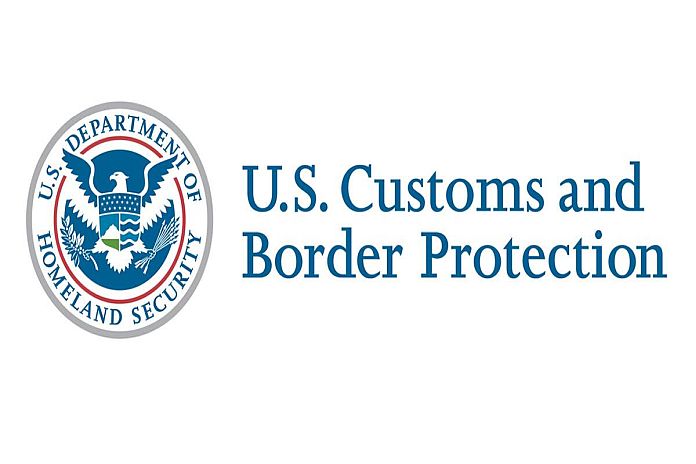WASHINGTON, USA – US Customs and Border Protection announced Tuesday the completion of its first interoperability test. The test seeks to establish global standards to foster transparency and a standard manner of communication between the private sector and government agencies while allowing both to maintain the ability to choose from various technologies.
CBP is committed to promoting global interoperability – the ability of different software systems to work with each other – as part of the agency’s modernization efforts.
“Global interoperability standards will help unify the approach to transparent supply chains within both the public and private sectors, streamlining communication and improving both security and facilitation,” said Vincent Annunziato, CBP’s business transformation and innovation division director.
CBP is working with the department of homeland security’s science and technology directorate under the Silicon Valley Innovation Program with cohort members mesur.io, Neoflow, and Transmute to develop a global modernization strategy, which includes global interoperability standards.
CBP’s recent test focused on pipeline oil and steel supply chains and involved some of the largest companies in both industries. The system enhanced work environments by removing the need for paper and allowing for the real-time exchange of data, which provides greater security and more timely reactions from the agency. The system also included data exchanges from both traditional and non-traditional supply chain actors, allowing CBP to combine modernized data that includes information of shipments prior to arrival, with data that already exists in the Automated Commercial Environment, a first for the agency.
As part of CBP’s innovative work, the agency will continue to invest in global interoperability with upcoming international and domestic testing in 2024, focusing on e-commerce, natural gas, and food safety. These tests will include collaboration with several partner government agencies. CBP looks to further promote transparency and global interoperability standards with these tests.
“Our 2023 test created the possibility for more advancements. With bipartisan support, CBP will extend its commitment to global standards by testing its ability to verify the origin of transactions and issue credentials. The 2024 tests are a prelude to limited production for the five Silicon Valley Innovation Program projects (pipeline oil, steel, natural gas, e-commerce, and food safety) and the larger CBP modernization effort, the Automated Commercial Environment (ACE) 2.0,” Annunziato said.
In the first international test, participating countries with Mutual Recognition Agreements will exchange the newly authored Global Customs-Trade Partnership Against Terrorism/Authorized Economic Operator credential. This will allow private industry to request benefits from countries without having to apply separately for each country. The second international test will explore how countries will exchange billing data to verify goods have been exported.





